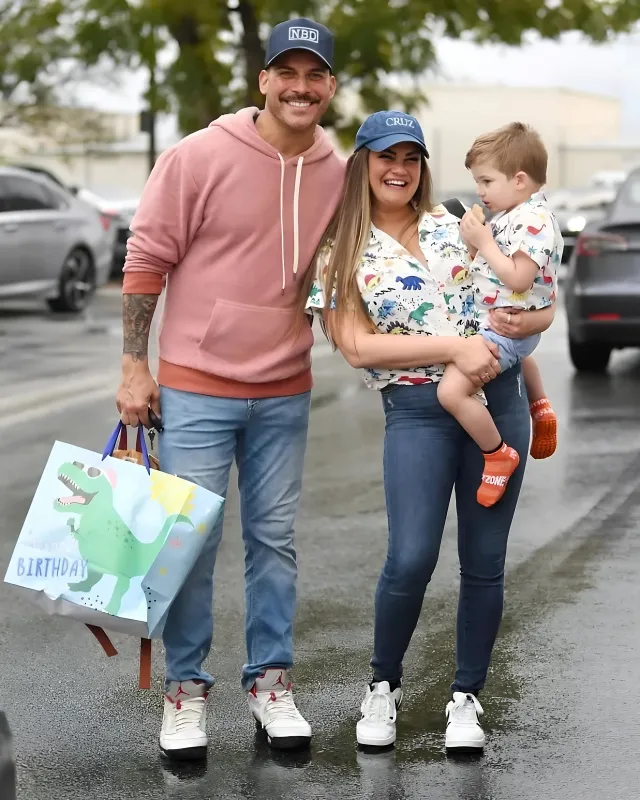
“I was not smart,” she tells ESSENCE in a sit down. “I trusted him with everything.”
Ferrell’s story is both deeply personal and deeply familiar. Across industries, women—especially wives and business owners—are often encouraged to “let the men handle the money.” But that trust can come at a devastating cost. Ferrell is now in the midst of rebuilding her business and reclaiming control over her finances. Her story adds to a growing conversation about the financial vulnerability many women face when they relinquish control or transparency in their business affairs. From her recovery emerges a powerful narrative about resilience, money management, and the importance of being an active participant in your own financial story.
Ferrell’s experience isn’t unique. According to a 2023 UBS report, more than 50% of married women defer long-term financial decisions to their spouses, a trend that is even more common among women of color. While the intent may be rooted in trust or division of labor, the consequences can be dire: hidden debt, depleted accounts, and loss of business or retirement assets.
In another study by the National Endowment for Financial Education, nearly 30% of adults admit to committing “financial infidelity”—hiding accounts, spending, or debt from their partners. And yet, many women are still socialized to focus on the nurturing aspects of relationships and business, leaving the “money stuff” to someone else.
This trope played out in a recently aired episode of RHOA when Ferrell explained to viewers that her ex took all the money she set aside for the opening of her second restaurant location.
“Everything was combined,” she shares with ESSENCE when asked about the financial structure of her and her ex-husband’s accounts. “When people say, ‘how did he steal the money?’ It’s because he controlled the finances. I just worked.”
“When you have a business partner, certain partners are relied on for certain things,” she says. “What I was known to do in the business was to run the company. I was the face of the company. I was the one who did the cooking shows. I was the one who did media appearances. I was the one who would be in the rooms, and I would just let him run in the background and say, ‘hey, make sure you’re meeting with the accountant, make sure you’re managing the finances.’ And he would handle those things. I didn’t have to pay a bill. Even though I was still putting the money in the pot, I wasn’t in control of those things.”
The bitter divorce was made even more contentious due to the splitting of assets, the details of which are playing out in the public. In fact, just before my interview with Ferrell, a report broke about Ferrell’s settlement.
According to InTouch Weekly, a Georgia court ordered the parties to share joint legal custody of their three children with Kelli being awarded primary custody. InTouch also reported that Ferrell’s ex-husband was ordered to pay nearly $12k per month in child support and maintain health; Ferrell was also awarded $175,000 from the business.
Unlike many women, Ferrell’s settlement was leaned favorably for her, something she says she’s grateful for.
Now nearing the end of her divorce proceedings, Ferrell is not too proud to admit that she made some fiscal missteps, and won’t allow them to happen again. The biggest lesson? Never allow anyone else to have full control over your finances, no matter how in love you are.
“I want to use this platform I have to share with another woman or another man, that while love is amazing, things can go left and things get nasty. So, you have to be smart about it. I wasn’t smart about it. Thank God that the judge was able to see the truth. But what if she wasn’t? You know what I mean? What if it did become a situation where, even though it looked like I won in court, I really didn’t win. I still had to deal with so many ups and downs, and even still. If I can’t do anything else with the attention I’m getting, I’d like to show the next person that this is what {the financial ramifications of divorce} looks like. Marriage and love can be amazing, but please make smarter business decisions so you don’t have to deal with what I have for the last three years of my life.”



